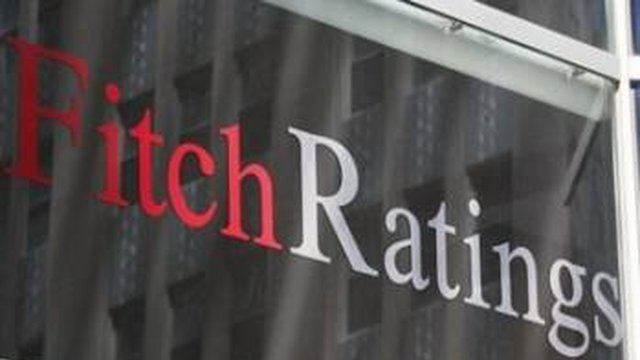Fitch affirms Kharkiv's long-term foreign currency rating at 'C'

Fitch Ratings on October 23, 2015, affirmed the Ukrainian city of Kharkiv's Long-term foreign currency Issuer Default Rating (IDR) at 'C', Long-term local current IDR at 'CCC' and Short-term foreign currency IDR at 'C', Fitch said in a statement.
Fitch also affirmed the city's National Long-term rating at 'A+(ukr)' with a Negative Outlook.
According to the statement, the ratings are constrained by the ratings of Ukraine (Restricted Default/CCC) that is in default on its sovereign eurobond obligations.
Fitch says its assessment the weak institutional framework governing Ukrainian subnationals remains a constraint on the city's ratings. The framework is characterized by frequent changes to allocation of revenue and expenditure assignment and a lack of clarity and sophistication. This hinders the long-term development and budget planning of local and regional governments in Ukraine.
The city of Kharkiv is currently free from external debt obligations. In Fitch's baseline scenario it projects the city's budgetary performance to remain satisfactory in 2015-2017 with an operating balance at 10% of operating revenue (2014: 9.8%) and a close to zero budget deficit (2014: 4.4%). The overall weakness of the national debt capital markets limits the city's access to funding, in turn allowing the city to maintain a balanced budget.
Fiscal performance may be hindered over the medium term by the low predictability of fiscal changes and a volatile economy in Ukraine. In 2015 the central government made significant amendments to the Ukraine's budget and tax codes, which could sharply increase 2015 operating revenue. Fitch also expects the city's tax capacity over the medium term to be negatively affected by Ukraine's recession. Fitch has revised its forecasts for Ukraine to a 9% contraction in 2015 compared with a previously expected 5% decline.
Fitch says it expects the city's net overall risk to remain low at 10% of current revenue (2014: 12%) in 2015-2017, due to forecasted balanced budgets. In April 2015, Kharkiv fully repaid its outstanding debt (2014: UAH 294 million) and Fitch expects no new borrowings up to year-end. The city's liquidity position improved with accumulated cash balance doubling to UAH 1 billion at 1 September 2015.
Kharkiv's exposure to contingent risk has increased as public sector debt almost doubled during 2011-2014 and peaked at UAH 417 million by end-2014. Most of the city's public sector entities (PSEs) are loss-making and depend on subsidies to sustain operations. In 2014, compensating subsidies and capital injections granted to PSEs totaled UAH 285 million, or 6% of the city's operating revenue. It should be noted that disclosure of PSE's performance in 2015 is limited and the rating agency's assessment is therefore based on historical data.
The city's ratings are constrained by the sovereign. A downgrade on the sovereign's Long-term local currency IDR would lead to a corresponding action on the city's IDR. In the absence of a sovereign downgrade, significant deterioration of Kharkiv's credit profile could also lead to a negative rating action, Fitch said.
According to the statement, a sovereign upgrade would be reflected in the city of Kharkiv's ratings. However, the rating will likely remain low, given high country risks and Ukraine's 'CCC' Country Ceiling.

